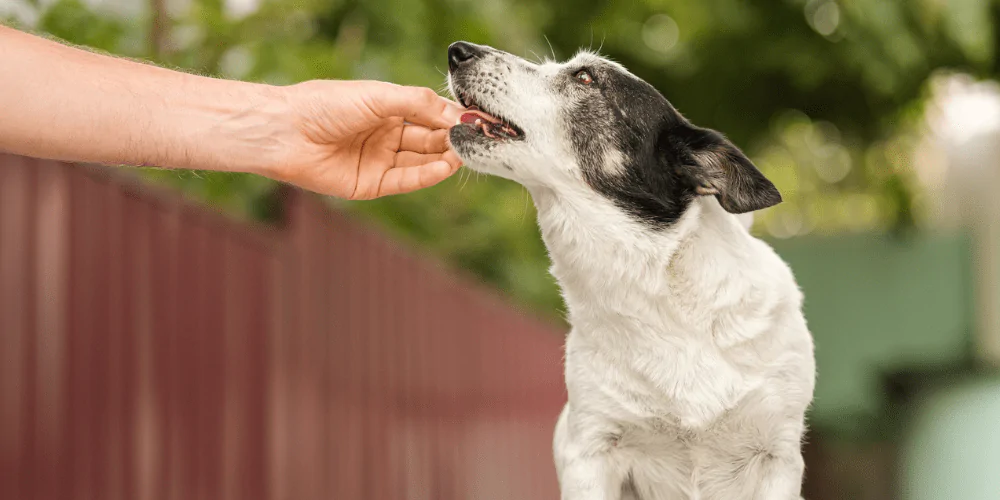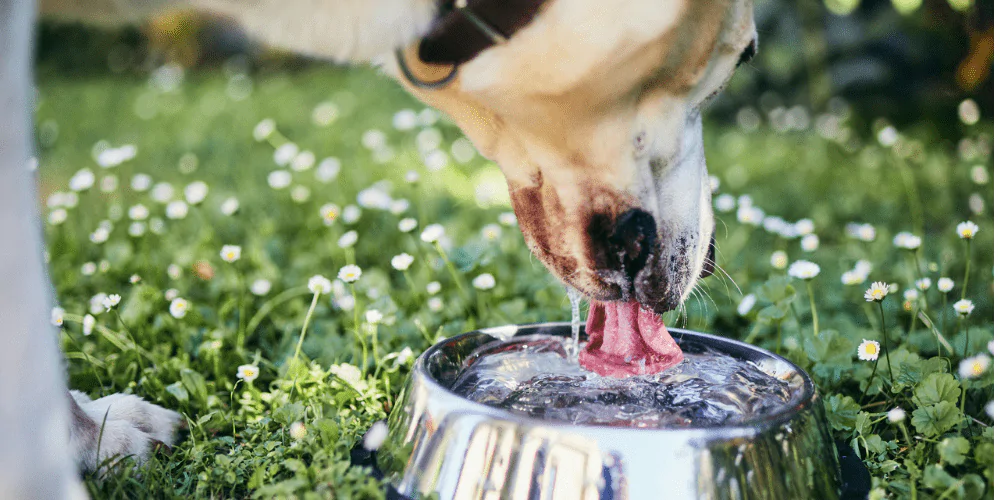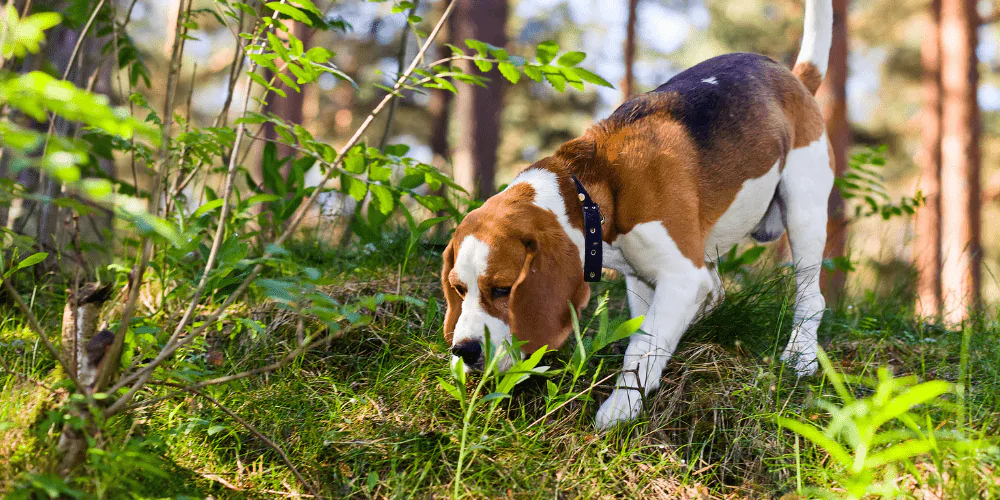
UK lungworm spread in dogs: What you need to know

Dr Scott Miller
19 May 2023 | 5 minutes read
Over the last few weeks in the UK, an increasing number of dogs have fallen ill with lungworm. Hundreds of cases are being reported by pet owners across the country with numbers rising each day.
Expert vet Dr Scott Miller shares the essential need-to-knows about the disease, including what to do if you think your pup is affected.
- What is lungworm in dogs?
> How do dogs get lungworm?
> Where in the UK have cases of lungworm been reported? - What are the signs and symptoms of lungworm in dogs?
> What should I do if I think my dog has lungworm? - What are the treatment options for lungworm?
> How long do dog worming tablets take to work? - Dog lungworm prevention
- Other questions about lungworm
> How common is lungworm in dogs?
> Can dogs catch lungworm from other dogs?
> Can humans catch lungworm from dogs?

What is lungworm in dogs?
Lungworm is a parasitic illness caused by lungworm larvae that live in slugs and snails. When eaten, lungworm larvae travel and mature around your dog’s body, spending part of their lifecycle in the bloodstream, heart, and lungs.
Depending on the seriousness of the infection, your dog can develop:
- Inflammation
- Pneumonia
- Breathing issues
- Heart problems
- Heavy bleeding from damaged blood vessels
- Organ failure
Lungworm is normally treatable if caught early, but can be fatal in more serious cases where the infection has been present for a while.
> How do dogs get lungworm?
Dogs get lungworm from eating the larvae of infected slugs, snails, and frogs both in the garden and outside the home.
Lungworm larvae can be picked up from eating grass, drinking stagnant water, toys left outside, and even your dog’s fur.
> Where in the UK have cases of lungworm been reported?
Cases of the illness have been found in many regions across the UK, including:
- Cheshire
- Hampshire
- West Yorkshire
- Oxfordshire
- Shropshire
- Worcestershire
- Suffolk
- Essex
- Dorset
- Powys

What are the signs and symptoms of lungworm in dogs?
Symptoms of lungworm can vary depending on where they are in your dog’s body and how many worms there are. Common signs include:
- Difficulty breathing
- Coughing
- Bleeding
- Lethargy
- Lack of appetite
- Depression
> What should I do if I think my dog has lungworm?
If you’re worried your dog is ill or showing any signs of lungworm, take them to the vet. At the clinic, the vet can:
- Carry out a full examination of your dog
- Ask you to run through all of their symptoms
- Run a blood test if needed
- Check a sample of your dog’s poo (you’ll need to sample for three days to get an accurate result)
- Take an x-ray if symptoms are more severe
Making sure your pup is protected with dog insurance means you shouldn’t be caught out by unexpected vet bills.

What are the treatment options for lungworm?
Catching and treating lungworm early is key to helping your dog make a full recovery.
Treatment depends on your individual dog’s infection. Milder forms may only need a deworming tablet and possibly follow-up medication at home.
If your dog’s lungworm is more serious, they may need intensive care. This could include giving them treatment like oxygen, a blood transfusion, a fluid drip, and other medications.
> How long do dog worming tablets take to work?
Most oral and topical medications take between two to six hours to kill all the worms inside your dog’s body.
If the infection is mature (adult worms) and clinical symptoms are showing, your dog will need specific treatment. There’s also the possibility your dog could have a severe allergic reaction to the treatment.
So it’s worthwhile having your pup admitted to a vet clinic for this treatment just in case there’s any complications.

Dog lungworm prevention
Giving your dog a regular vet-approved lungworm treatment each month is the most effective way to stop them from getting this common and nasty parasite. Deworming products also help to protect your pup from other nasties like roundworms and tapeworms.
Speak to your vet about the right dewormer to use for your dog’s specific needs.
Here’s some other ways to help prevent lungworm:
- Regularly clean bowls and top up with fresh water
- Don’t leave bowls and toys outside overnight
- Stop your dog from eating slugs and snails
- Pick up your dog’s poo as soon as they’ve finished
- Don’t let your dog drink from puddles

Other questions about lungworm
> How common is lungworm in dogs?
Lungworm is becoming more common in the UK and any dog can pick up the illness. Younger dogs exploring with their mouths and dogs who like eating slugs and snails are especially prone to getting infected.
> Can dogs catch lungworm from other dogs?
Although dogs can’t directly catch lungworm from each other, they can spread it around indirectly. An infected dog coughs up and swallows the larvae, which then come out in their poo.
The larvae can then infect more snails and slugs and the places they live, exposing other dogs to the infection.
> Can humans catch lungworm from dogs?
Humans aren’t at risk of getting lungworm from their dogs but it’s always important to practice good hygiene. Remember to wash your hands after cleaning up after your pup.
Cats can also catch lungworm but tend to be more careful with what they eat, so are less affected by this parasitic problem.
Be confident your pup is protected against common conditions with flexible dog insurance from Petsure.


